Life, especially today, is arranged so that the one who is talked about and who has the right to vote remains afloat. For hundreds of years of history, Lviv has always been at the centre of events and had a high status - national or regional, which saved the city from provincialism.
In each of the historical epochs in the city, there were environments that not only consumed the finished product, someone's ideas but also created and marked themselves with a creative view of the order of the surrounding reality. It is difficult to cover everyone, but we will talk about some phenomena that have changed the world and have their roots in Lviv.
Improving the balloon

In Lviv, the balloon was lifted into the sky almost simultaneously with the Montgolfier brothers. It was 1784 our city had just adapted to the Habsburg Empire. Ahead was the modernization of Lviv and its transformation into a real capital of the region - with theatres, universities and communications.
However, already in the XVIII century, a balloon was flying over the city! At the same time, if Mongolfie used straw and wool as fuel, then professors of Lviv University Ignacy Martynovych and Nepomuk Herman improved the unit.
In Lviv, for the first time, tested an automatic burner on liquid fuel for air heating. As a result, the balloon could stay in the air longer. It is still used today.
Gas lamp
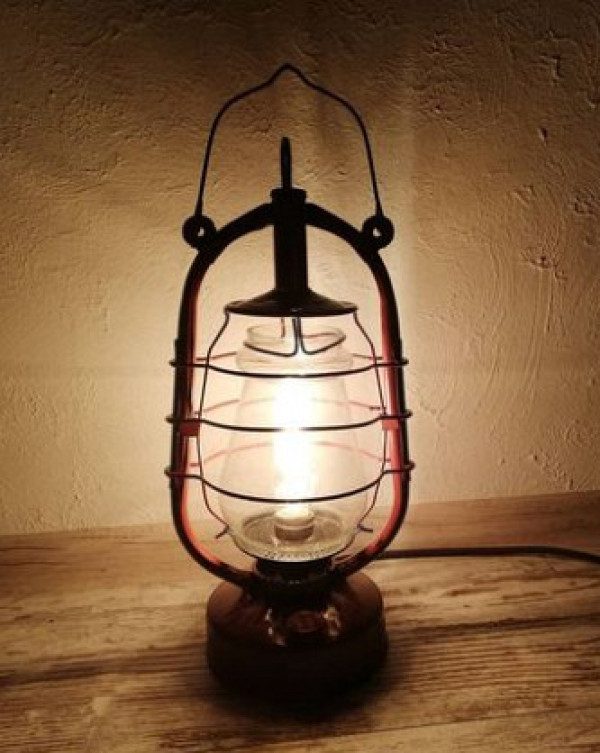
Pharmacy as a research centre. Residents of Lviv in Austrian times were not surprised by such a statement. Medicines were manufactured, stored and sold in pharmacies, and there were laboratories - not just trading halls.
So, it was in the pharmacy "Under the Golden Star" by Peter Mikolyash, Jan Zeg and Ignatius Lukasevych that invented a lamp based on kerosene combustion. It was 1853, and Galicia was turning into a major oil centre due to the discovery of deposits of "black gold" in Boryslav, Drohobych and Truskavets.
Robert Doms invested in this area to later open a brewery, Teodor Torosevych turned the region into a recreation centre, and Jan Zeg and Ignacy Lukasevych came up with a way to produce kerosene by distilling and refining oil and invented the kerosene lamp.
Gastric ulcer is not terrible for Lviv
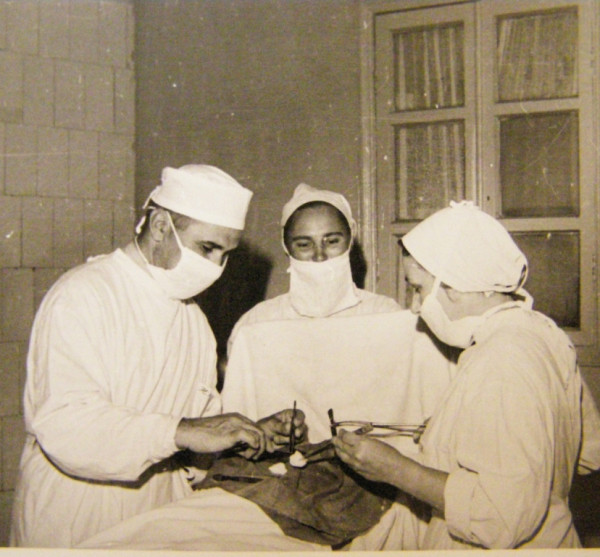
The second half of the 19th century, the turn of the 19th and 20th centuries was a heyday for Lviv.
The city developed rapidly, receiving maximum dividends from the status of the region's capital. Lviv was especially famous for its medicine.
The city had a university, a medical faculty, and many prominent physicians: R. Weigl, J. Parnassus, H. Kadyi, E. Machek, M. Panchyshyn, S. Okunevska, L. Fleck, and others. Among them was Ludwik Rydygier, professor and rector of Lviv University. He was considered one of the best surgeons of his time and was the founder of the Lviv School of Surgery.
Rydygier performed operations that no one else dared - he was the first in the world to perform a successful operation on a stomach ulcer, the second successfully removed parts of the stomach, engaged in the surgery of the gastrointestinal tract, bones and joints, proved that the wound on the heart can be sutured and has made significant progress in the treatment of cancer.
Then Ludwik Rydygier received the nobleman title and was appointed Adviser to the Austrian Government.
"Scottish", Banach and functional analysis
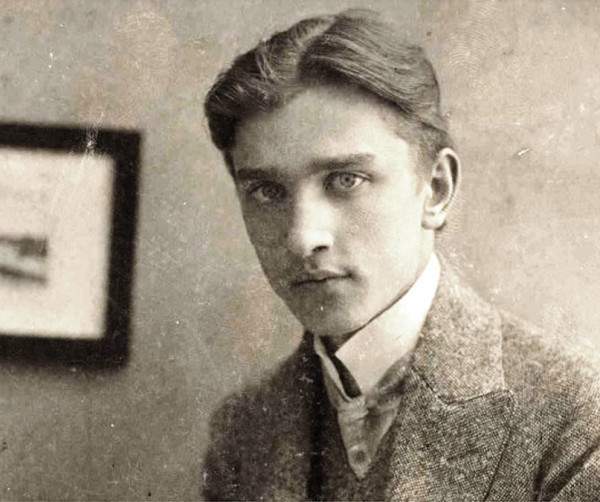
At first, there was the Word, but mathematicians have a number. Lviv mathematicians originally had Stefan Banach. He is a world-renowned scientist known in different parts of the world. First of all, through functional analysis.
Stefan Banach is one of the creators of this discipline, which had a significant impact on the development of science. That is why the Lviv mathematician was so actively trying to seduce.
However, the scientist did not trade his favourite cafe - "Shkotska", located next to the old main building of Lviv University, where Banach used to spend time with students and colleagues, for any good in the world.
He remained the creator of functional analysis and the father of the Lviv Mathematical School, and his student Stanislav Ulam still moved to the United States, where he was involved in the design of atomic and hydrogen bombs.
Logic and law
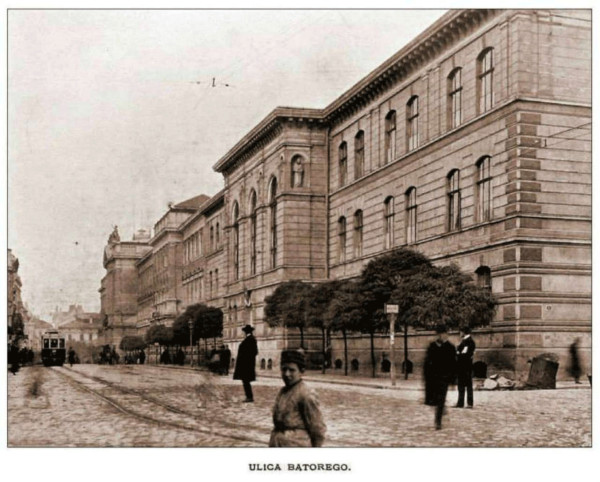
It is worth dwelling on two phenomena that relate not so much to inventions as to the environment - Lviv philosophers and lawyers in the interwar period.
The first phenomenon concerns the so-called Lviv-Warsaw School of Logicians and Philosophers, united around a lecturer at Lviv University, Professor Kazimierz Twardowski.
Among his students were Jan Łukasiewicz, Kazimierz Ajdukiewicz, Roman Ingarden, and others. These names are known in different parts of the world, and their works have been translated into many languages.
The second phenomenon is outstanding graduates of the Faculty of Law of Lviv University. In particular, Raphael Lemkin, Hersch Lauterpacht and Louis Bruno Sohn.
The first is related to the term and concept of "genocide"; the second was one of the founders of the Nuremberg Tribunal, which condemned the crimes of Nazism, and the third is one of the founders of The Hague Tribunal and modern international law.
Rudolf Weigl and the typhus vaccine
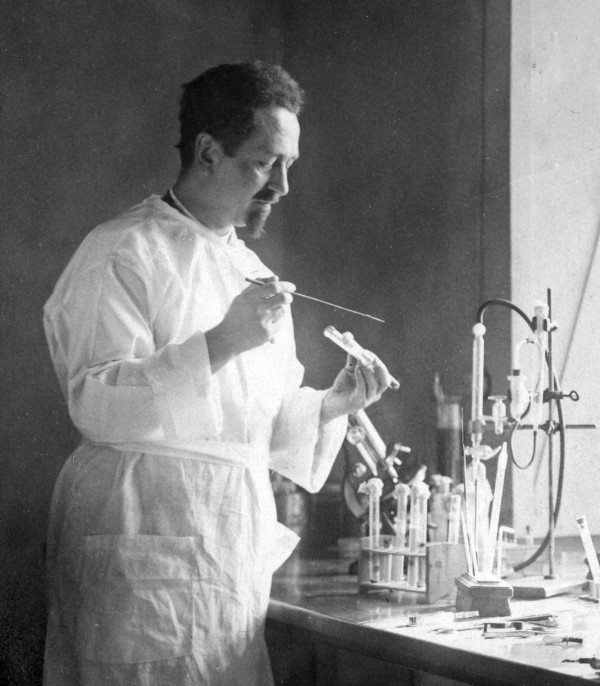
Without Lviv, there would be no typhus vaccine. Its inventor, Rudolf Weigl, was a participant in the First World War, where he saw firsthand the scale of the disease in the Russian and Austrian armies.
The method of this doctor is unusual: special bracelets-boxes with lice were worn on the limbs of volunteers who agreed to participate in the experiment (at that time it was already known that the disease is spread by lice).
After that, thorough laboratory tests were performed. During the experiment, Weigl himself contracted typhus twice and tested the vaccine for the first time. The scientist's discovery was worthy of the Nobel Prize, but due to his disloyalty to the then totalitarian regimes in the region, this did not happen.
Instead, he later received the honorary title of "Righteous Among the Nations". Among the volunteers in Rudolf Weigl's experiment on "feeding lice" were Jews. In this way, they became inaccessible to the Nazi administration and could survive the years of World War II.
Modern technology
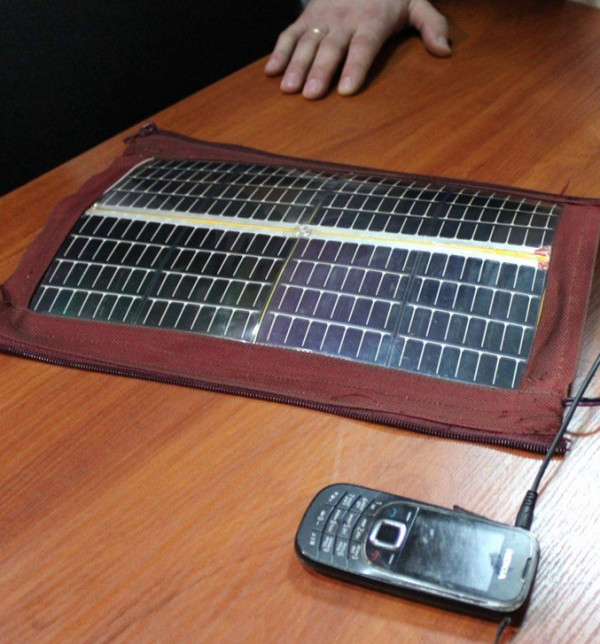
In 2011, the American magazine "R&D Magazine" published another ranking of the top 100 best research and development of the year. There is a Lviv trace in this list. ATM, fax made a flexible fabric supercapacitor, which was invented at Lviv Polytechnic.
It is solar-powered and can even charge your phone. The device is a compact energy-saving system. It bends and attaches to almost any surface.
Work on the technology began in the 1990s, and Lviv Polytechnic National University began to develop this area in the 2000s in collaboration with the Taiwan Research Institute.
Now researchers are trying to make the invention more powerful and are also working to create a flexible light-emitting device based on it. Both inventions are of great practical importance and may have a significant impact on energy development in the future.
Hydrogel bandage
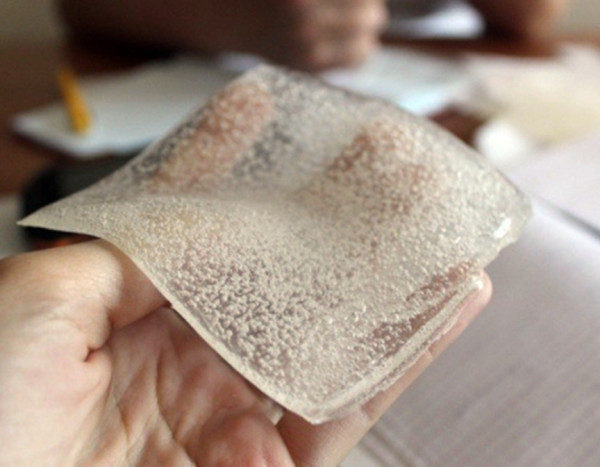
Since 2014, Ukrainians have been forced to defend their territorial integrity from the Russian aggressor. This fact intensified the work in various directions. One of the sides of the occupier's resistance is the sphere of modern technologies. Here it is worth mentioning the hydrogel bandage invented by Lviv scientists.
The Institute of Chemical Technologies of Lviv Polytechnic University has been working on the project for several years at the Department of Organic Chemistry, but the Russian aggression against our country has significantly accelerated this process.
The invention was implemented at the nanotechnology level - it is a process of embedding polypropylene in water. The bandage is used to treat and prevent gunshot and burn wounds. The invention has already been tested by the military.



